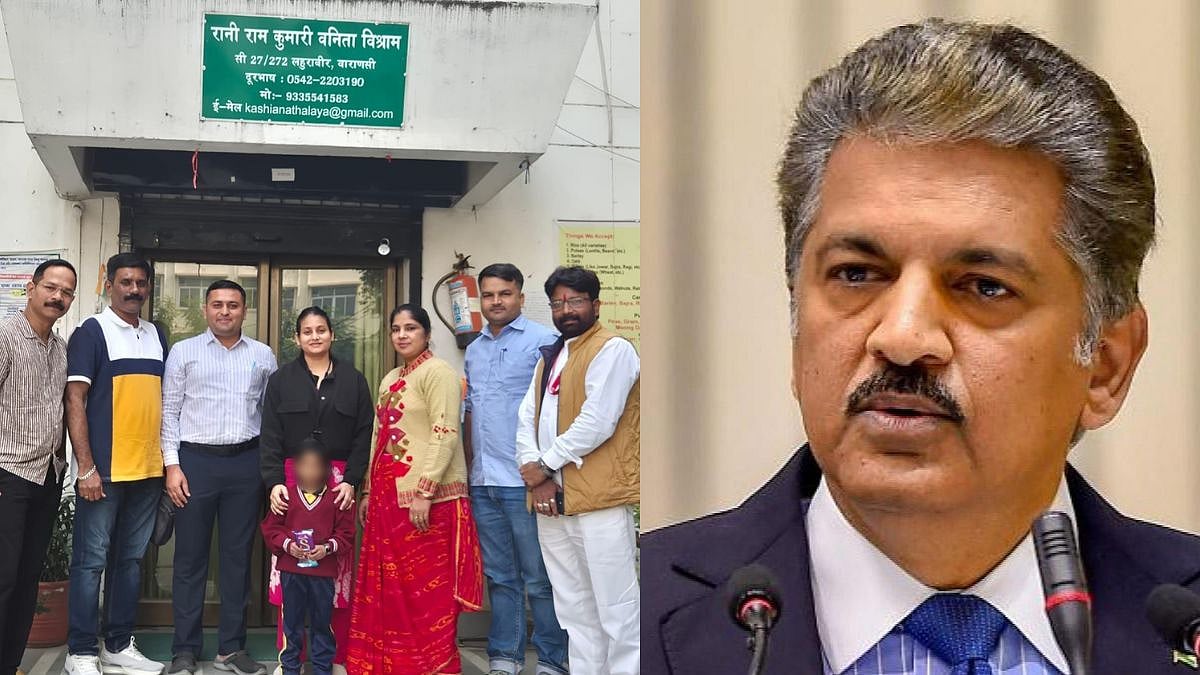Business Intelligence (BI) has long moved beyond being a static reporting mechanism to become dynamic forces of operational change, regulatory compliance, and predictive insight, most especially in healthcare and financial industries where data complexity and sensitivity are unparalleled. This change has, in the last few years, taken on an added sense of urgency. The increasing pressure to optimize Medicaid programs, predict public health emergencies, and improve financial risk surveillance has compelled organizations to rethink their BI strategy beyond data pipelines. At the heart of these revolutionary efforts is the expanding role of governance-rich, cloud-native BI platforms, created not only for executives but for compliance officers, public health analysts, and financial regulators.
One of the driving forces for this silent revolution is Mani Kanta Pothuri, a veteran BI strategist and architect whose work has fueled some of the biggest state and enterprise-level analytics environments in the United States. With more than $450 million in large-scale BI modernization initiatives to his name, Mani Kanta's work ranges from Medicaid system redesigns to real-time public health surveillance and fintech risk dashboards, all rooted in a passion for delivering BI systems that are usable, governable, and most importantly, impactful.
According to reports, his methodology is characterized by scale integration, like his efforts to bring together data from more than 15 health systems in Oregon, Alabama, and Virginia into single, low-latency platforms with the help of Azure, Databricks, and Teradata. According to the reports, it cut data lag by 25% to facilitate quicker and better decisions on care eligibility and program performance.
In addition, his FinTech BI solutions have aimed at automating compliance, optimizing cloud costs, and fraud analytics through the use of Snowflake, dbt, and Power BI. These innovations not only enhanced audit readiness by 40% but also reduced infrastructure expenditures by 15%. According to reports, his efforts at Bank of America involved automating legacy risk reporting through Python and Informatica, domains long regarded as hard to bring up to date because of regulatory resistance and deep-seated manual processes.
What distinguishes Pothuri is not only his familiarity with contemporary BI tools but also his commitment towards keeping technology relevant to the business. "BI is no longer about dashboards, it's about trust, governance, and providing insight when it matters most," he has explained, noting that metadata transparency and self-service governance are not discretionary; they are essential. This philosophy, according to sources in the industry, has spurred a 60% take-up of BI within multiple cross-functional teams, allowing stakeholders to make real-time decisions instead of responding post-mortem.
According to the expert table, the strategist’s work in identifying low-income families to enrol on Medicaid and in predicting localized outbreaks has helped multiple health departments prepare in advance for future crises instead of acting afterwards.
Looking at the future trends, he asserts that the future of BI is where AI meets governance and real-time simulation. He sees a future where predictive compliance models are as critical as financial projections, and where insights on population health will inform resource allocation in both public and private healthcare. His grounded emphasis on actionable intelligence rather than dashboard vanity is a change that most practitioners are still playing catch-up on.
Pothuri’s influence is less discovered in conferences and more through systems that are actively saving funds, minimizing error, and enhancing compliance and care across states and financial institutions equally. Subtly but unmistakably, he is remapping what practising BI at scale entails.









